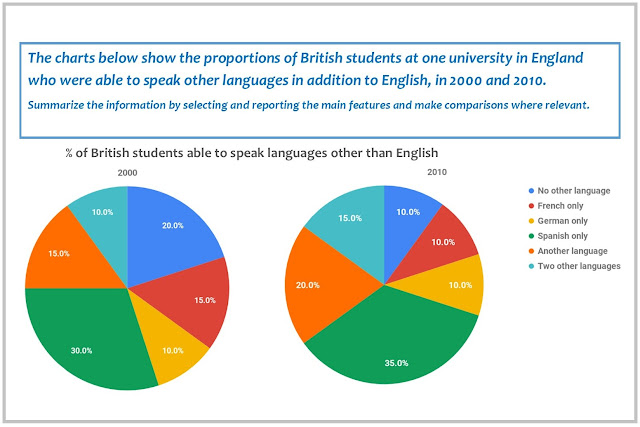How to choose an IELTS school
My recommendations are based on the analysis of IELTS schools in St Petersburg, Russia. I am not going to reveal the names of the schools.
1. Look for teachers’ profiles
Some websites have a lot of text about how good their school is, but no photos, names or bios of teachers. If I don’t see any profiles, I immediately get suspicious and can only come up with two explanations why: 1) The school doesn’t employ any teachers full-time and starts desperately looking for teachers as the clients come along; 2) The teachers the school employs have no bragging rights. The explanations aren’t soothing, are they?
To be fair, many schools do showcase teachers’ profiles. Literally all IELTS schools call their teachers 'IELTS experts.' To understand if they really are, try to find out the answers to these questions:
How much teaching and IELTS preparation experience does the teacher have? Have they taken IELTS themselves? Academic or General Training? How many times? When? What scores did they receive? Have they attended training courses on exam preparation?
How much teaching and IELTS preparation experience does the teacher have? Have they taken IELTS themselves? Academic or General Training? How many times? When? What scores did they receive? Have they attended training courses on exam preparation?
In my opinion, no teaching experience, no qualifications and an IELTS score lower than 8.5 is a shaky ground.
2. Look at promises
*When schools use the word 'guarantee,' I get confused. I can’t wrap my head around how exactly they do that. Scores are impossible to guarantee. In fact, I’ll go out on a limb and recommend that you steer clear of schools that claim to guarantee scores.
3. Look through the content the school produces
Here are some examples of meaningful materials: assessment criteria analysis, tips on writing essay introductions or conclusions, reading strategies, explanation of the differences between formal and informal letters, explanation of the differences between essay types. Helpful materials have to be very specific, something you don’t already know, something that hasn’t been copied from the official website.
The content the school produces is an indicator of how knowledgeable and serious the school is.
4. Look out for free seminars
Many schools offer free seminars and hold open houses. Go. Meet the teachers, ask them the questions from #1, look at their soft skills, just see if you like the vibe you get.
5. Use common sense
Some schools try so hard to sound professional and outrun their competition that they write ridiculous things. I am not going to go in more detail publicly not to hurt anyone’s feelings, but message me if you want specific examples. So think twice, question what you read and use your good judgement.
To sum up, there are a lot of professional IELTS trainers and schools out there. And there are a lot of those which don’t really cut the mustard (and don't necessarily realize it). Take all those promises and self-praise with a grain of salt. Do your research and ask questions. Hopefully, with this post making your choice will be easier.
To sum up, there are a lot of professional IELTS trainers and schools out there. And there are a lot of those which don’t really cut the mustard (and don't necessarily realize it). Take all those promises and self-praise with a grain of salt. Do your research and ask questions. Hopefully, with this post making your choice will be easier.





Comments
Post a Comment